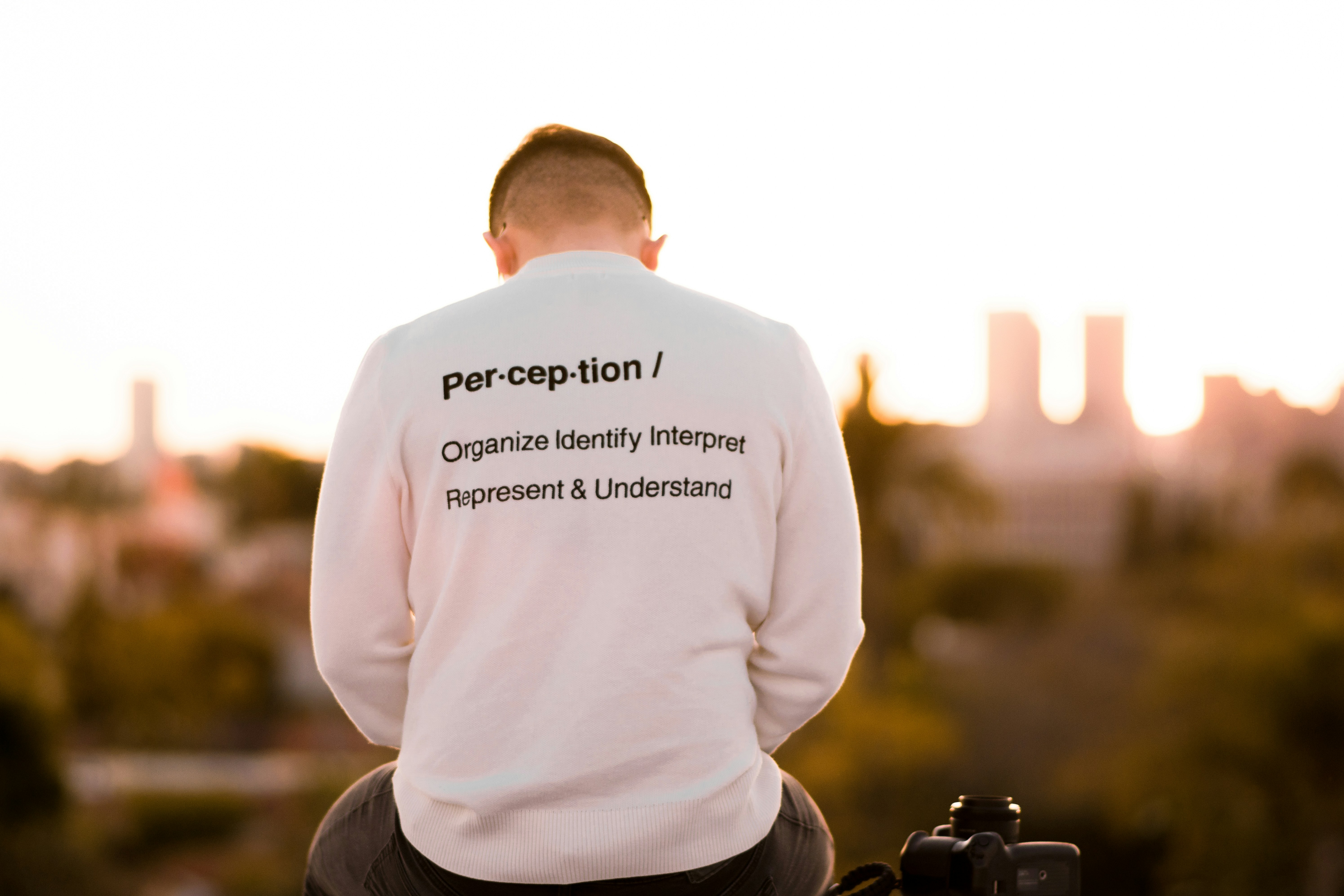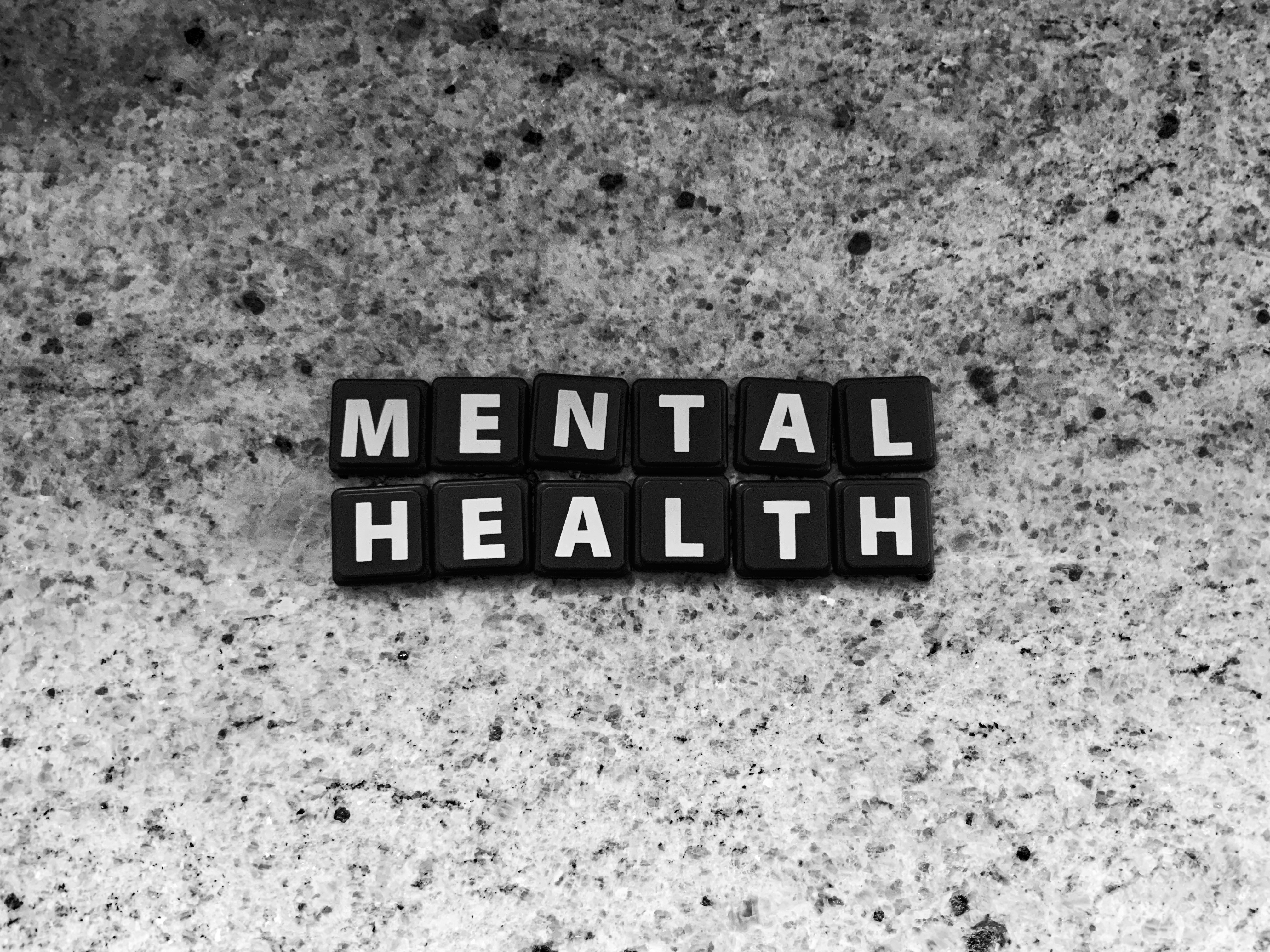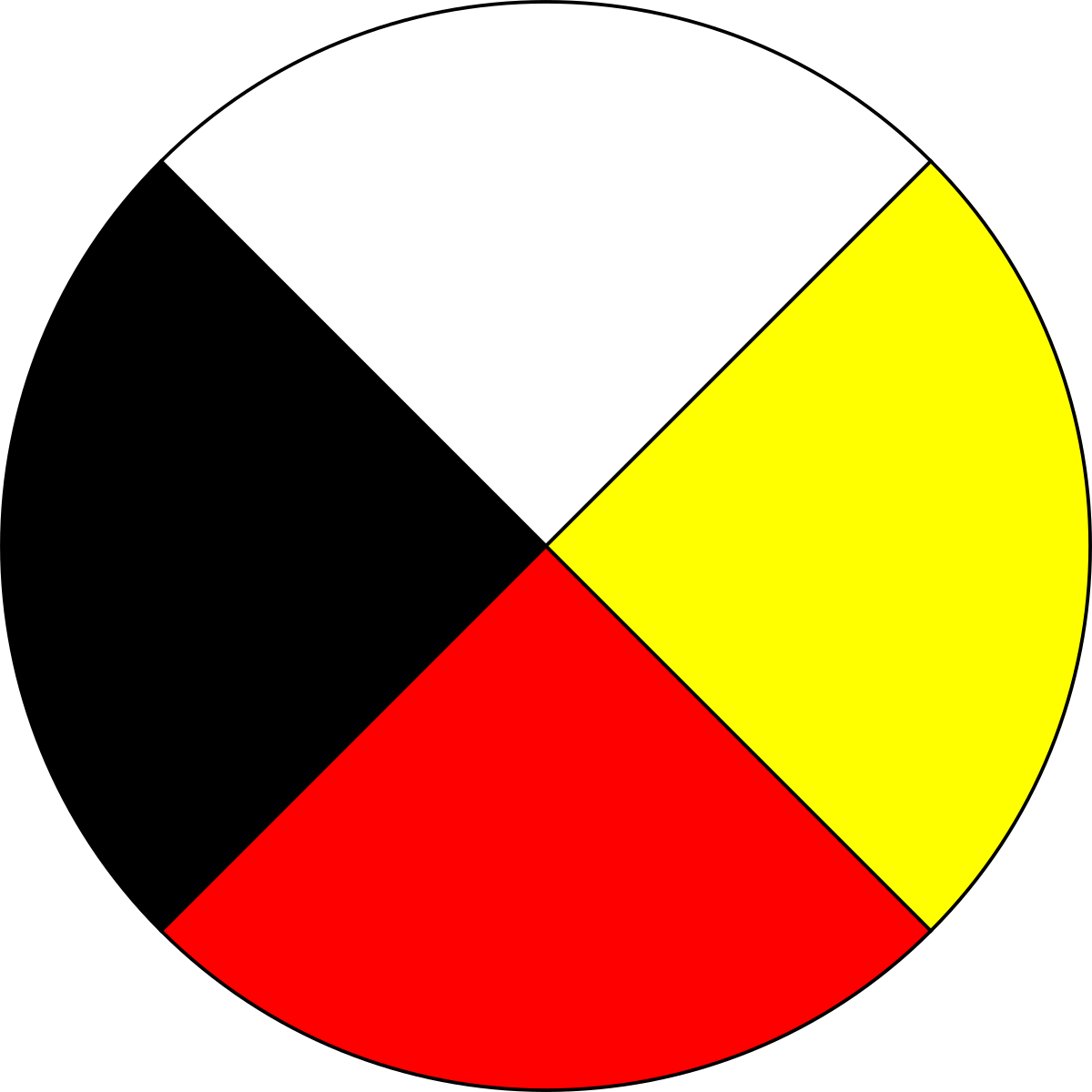We live in a culture that loves productivity — even in healing. Scroll through your feed and you’ll find endless “how-to” guides, shadow work prompts, and nervous system hacks. On the surface, these can feel like progress. You’re learning, reflecting, even performing openness.
But often, what looks like insight is actually avoidance.
Psychologists have long described patterns of sophisticated avoidance — ways the mind convinces us we’re working through something when really we’re sidestepping the discomfort of change. For many with ADHD, these patterns become especially sticky. What feels like preparation is actually the nervous system quietly steering away from emotional risk.
ADHD and the Trap of Illusion Loops
For ADHDers, illusion loops often masquerade as productivity. They feel safe because they keep you in motion — but not in risk. The nervous system translates this as protection: If I don’t try, I can’t fail. If I delay, I still feel in control.
Some common loops look like this:
- The Planner Spiral: Hours designing the perfect system, buying new notebooks, or color-coding apps. It feels like progress, but your body is quietly avoiding the discomfort of beginning a task where success isn’t guaranteed.
- Productivity Research: Consuming podcasts, Instagram reels, and articles about ADHD hacks or nervous system regulation. The dopamine hit of “aha!” moments creates a sense of mastery — while the vulnerable act of implementing change gets postponed.
- Mental Rehearsal: Running through scenarios in your head — conversations, routines, even self-compassion exercises. It looks like preparation, but often it’s a way to stay in the safety of your mind and avoid the unpredictable nature of real-world experience.
These loops trick the brain into thinking it’s working. But what’s happening underneath is nervous system avoidance. Your body is saying: not safe yet.
If you see yourself in these patterns, know there are ways to interrupt them. Our ADHD coaching and support sessions are designed to help you move beyond planning into action, with tools that meet both your brain and nervous system where they are.
When Awareness Isn’t Really Awareness
Here’s the hard truth: illusion loops can look like self-awareness, but they’re not. They’re self-protection.
Your nervous system is brilliant at keeping you safe. When it senses risk — failure, rejection, shame — it finds ways to help you feel like you’re moving forward without actually stepping into vulnerability. That’s why the loop feels so convincing.
For ADHDers, this can carry an extra layer of shame: Why can’t I follow through? Why do I always get stuck here? But shame itself is part of the loop. It reinforces the idea that reflection or preparation is safer than risking action.
The invitation is not to shame yourself for looping, but to notice:
- Am I seeking insight instead of integration?
- Am I rehearsing safety instead of risking presence?
- Am I calling this awareness, when it’s really avoidance?
Naming the loop with compassion interrupts its power. Because the point isn’t to “fix it” — it’s to recognize that what looks like resistance is often your nervous system trying to protect you from pain.
That recognition is real self-awareness.
If looping has left you exhausted or disconnected, you might also be navigating burnout and nervous system regulation. Therapy can help you build a different relationship with your nervous system — one that makes space for shame without letting it run the show.
Beyond the Loop
Illusion loops remind us that the mind can be endlessly clever, but the body keeps the score (van der Kolk, 2014). Healing isn’t found in rehearsing safety or performing openness — it’s in the quiet, uncertain work of actually being with ourselves.
To step beyond the loop is to accept that progress isn’t always measurable or visible. It’s not another list, another video, another planner. It’s the shaky moment of choosing presence when avoidance feels easier.
For ADHDers, this doesn’t mean rejecting structure or insight. It means remembering that no system, no strategy, no journal can do the work of embodiment for you. The nervous system must learn safety through lived experience, not just cognitive rehearsal.
So the next time you catch yourself planning instead of beginning, or studying instead of feeling, pause. Not to scold yourself — but to notice the brilliance of your body protecting you. Then, with compassion, choose one small action that brings you into contact with life as it is.
Remember healing is not about fixing. It’s about inhabiting.
And if you’re tired of doing this work alone — of circling the same loops and calling it progress — there is support available. Book a discovery call to begin exploring how therapy can help you step out of illusion loops and into a life that feels grounded, intentional, and lived.
Photo by Bradley Pisney on Unsplash








